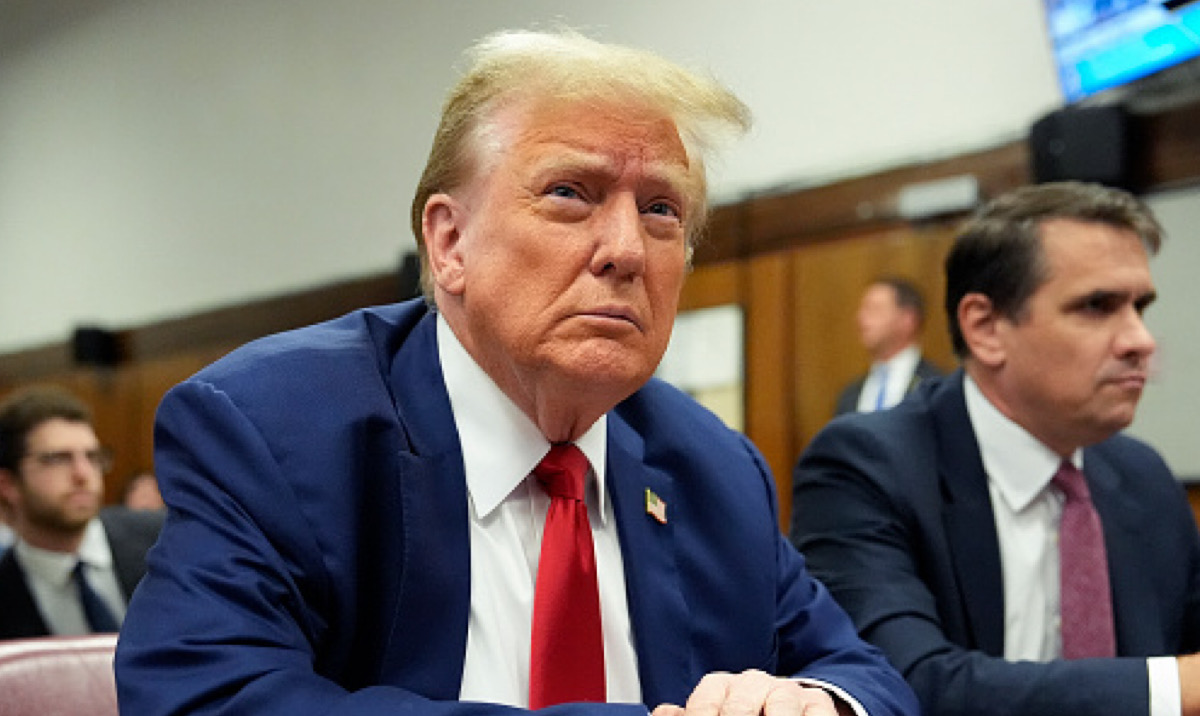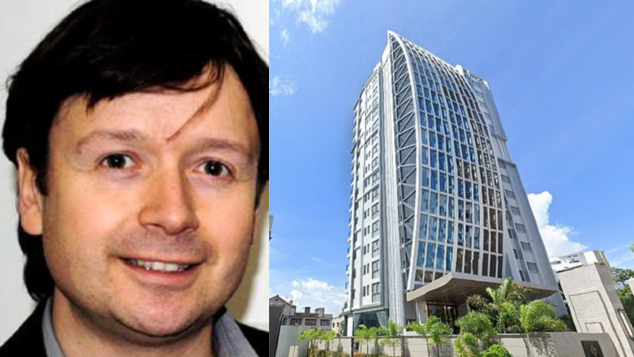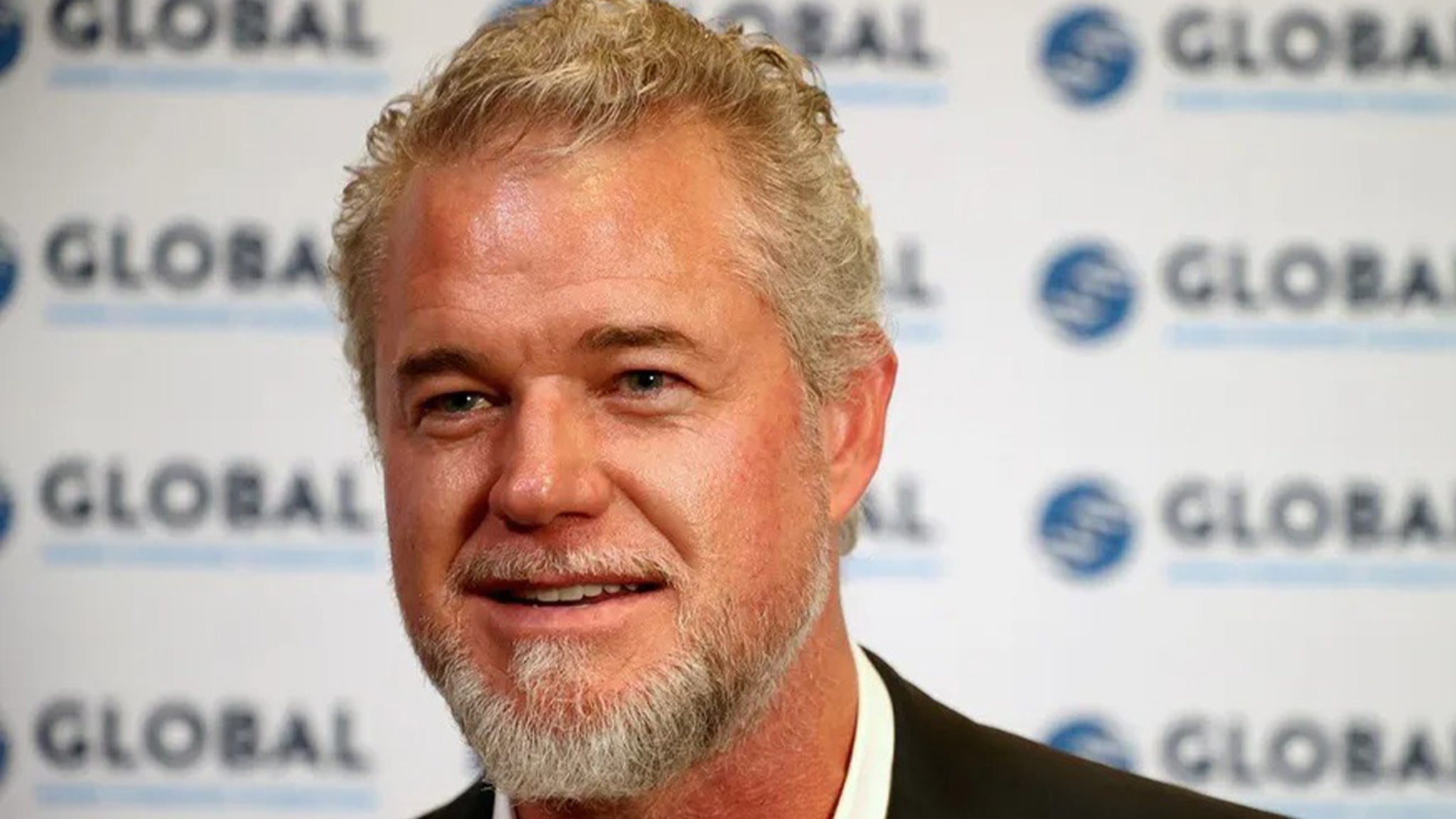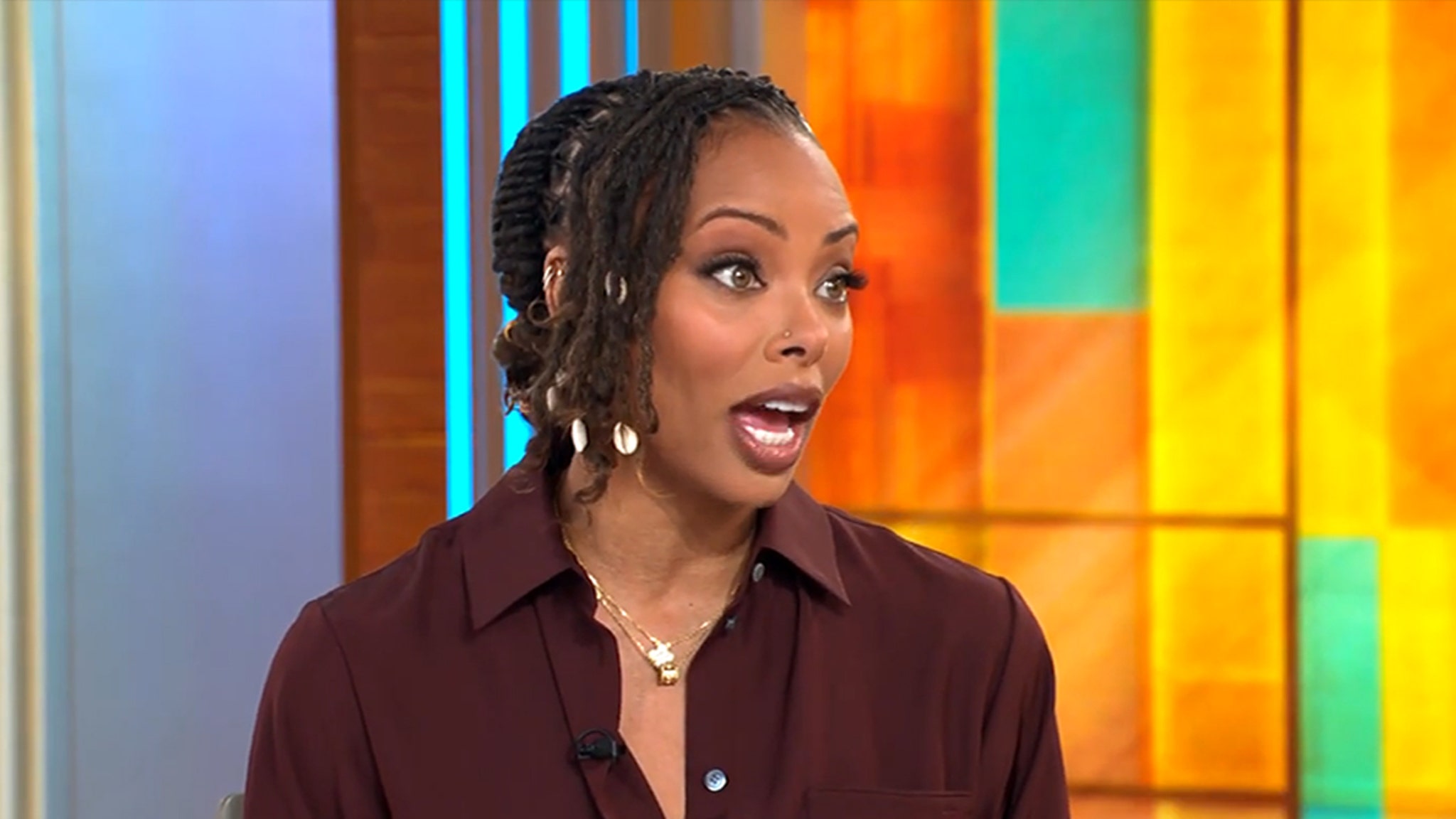Donald Trump must enjoy being held in contempt because he found himself in the same situation… for the 10th time… for violating a gag order in his hush-money case.
This happened this Monday morning during cour. He was warned by Manhattan Judge Juan Merchan that he would consider a jail sentence if Trump continued to attack witnesses and others associated with the case.
As a result of his actions, Judge Merchan ordered him to pay $1,000 for attacking jurors in his historic criminal trial, just days after the judge ruled on an earlier set of gag order violations. Merchan wrote, “Defendant is hereby put on notice that if appropriate and warranted, future violations of its lawful orders will be punishable by incarceration.”
RELATED:Hush Money Trial: Judge Hold Donald Trump in Contempt And Fines Him $9,000 For Repeatedly Violating Gag Order
RELATED:Donald Trump Speaks After The First Day Of ‘Hush Money’ Trial: ‘It’s A Political Witch Hunt’
What Must Donald Trump Do?
The gag order blocks Mr. Trump from hurling insults at witnesses, jurors, prosecutors, court staff, or the judge’s family. However, it does not block him from attacking the judge himself or Manhattan District Attorney Alvin Bragg (D).
According to The Hill, the judge has now found that the ex-president breached his gag order a total of 10 times and must pay $1,000 for each violation.
The judge told Trump the “last thing I want to do is put you in jail” but “at the end of the day I have a job to do.” Merchant added, “Your continued violations constitute a direct attack on the rule of law.”
The Donald Trump hush money trial refers to a legal case involving former President Donald Trump and his alleged involvement in payments made to two women, Stormy Daniels and Karen McDougal, in order to keep them quiet about their alleged affairs with Trump.
The trial centers around the question of whether these payments violated campaign finance laws, as they were made during his first presidential campaign. The payments were allegedly made by Trump’s former personal lawyer, Michael Cohen, who pleaded guilty to multiple charges, including campaign finance violations, in connection with the case.
The prosecution argues that the payments were made to protect Trump’s image and improve his chances of winning the election, which would classify them as campaign contributions that should have been disclosed. On the defense end, contends that the payments were made for personal reasons and were unrelated to the campaign.
The historic hush money trial has another three to five weeks to go. As we previously reported, this marks the first-ever criminal trial of an ex-U.S. president. This is also the first of four separate criminal cases against him.
Source







